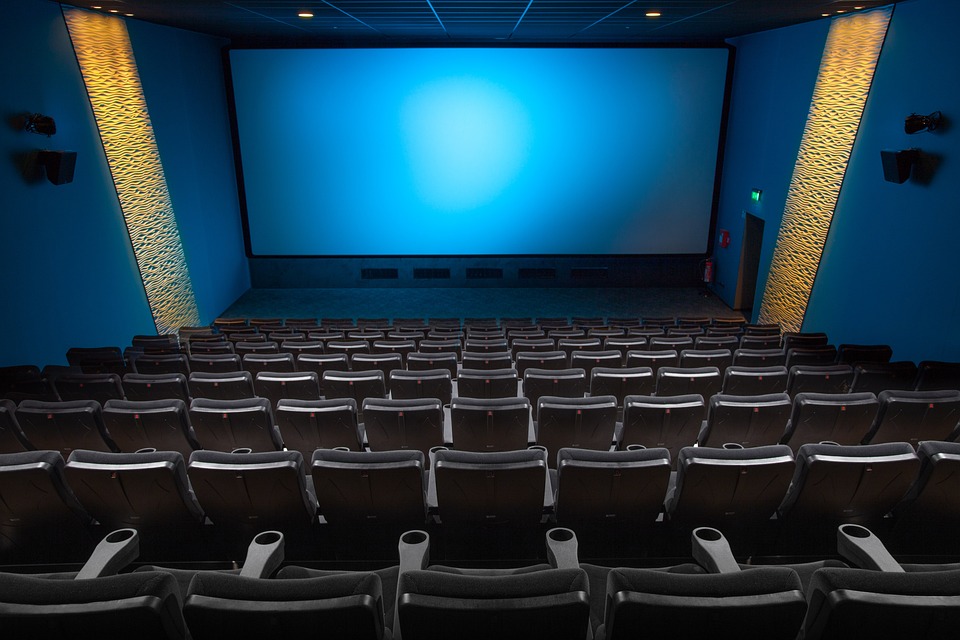Examining Global Cinema’s Role in Tackling Societal Issues
Global cinema has long been a powerful medium for shedding light on societal issues and sparking conversations on a global scale. From the early days of film to the present, filmmakers from around the world have used their art to address topics such as racism, poverty, war, and human rights violations. Through powerful storytelling and compelling visuals, global cinema has the unique ability to reach audiences across cultural and geographical boundaries, making it an effective tool for raising awareness and promoting social change.
The Power of Storytelling
One of the key ways in which global cinema tackles societal issues is through the power of storytelling. By presenting audiences with compelling narratives that explore complex social problems, filmmakers are able to elicit empathy and understanding from viewers. Whether it’s a fictional story or a documentary, the art of storytelling allows filmmakers to humanize issues that may feel distant or abstract to audiences.
For example, films like “Slumdog Millionaire” and “City of God” have brought attention to the struggles of marginalized communities in developing countries, while documentaries such as “13th” and “Blackfish” have sparked important conversations about racial inequality and animal rights. By bringing these stories to the big screen, filmmakers are able to create a visual and emotional connection that can inspire audiences to take action and make a difference in the world.
Cultural Influences
Global cinema also plays a crucial role in highlighting the cultural influences that shape societal issues. Through the lens of film, audiences are able to gain a deeper understanding of the values, beliefs, and traditions that underpin social problems in different parts of the world. By exploring diverse cultural perspectives, filmmakers can challenge stereotypes and promote cross-cultural understanding.
For example, the film “Bend It Like Beckham” explores themes of gender and cultural identity within the British Indian community, while “Pan’s Labyrinth” delves into the horrors of war through a fantastical and hauntingly beautiful narrative set in Franco-era Spain. By blending elements of culture and history with storytelling, global cinema offers audiences a nuanced and multifaceted perspective on complex societal issues.
Social Commentary and Critique
In addition to storytelling and cultural influences, global cinema also serves as a platform for social commentary and critique. By addressing pressing social issues through the medium of film, filmmakers are able to challenge prevailing norms and ideals, and hold a mirror up to society. Whether it’s a satire, a drama, or a documentary, global cinema has the power to provoke thought and inspire change.
Films like “Get Out” and “Parasite” have used satire to critique racism and class inequality, while documentaries like “Food, Inc.” and “An Inconvenient Truth” have shed light on environmental and ethical concerns. By engaging audiences in critical reflection and dialogue, these films have the potential to mobilize individuals and communities to advocate for social justice and reform.
Empowering Marginalized Voices
Another important aspect of global cinema’s role in tackling societal issues is its ability to amplify the voices of marginalized communities. By providing a platform for underrepresented groups to tell their stories and share their experiences, filmmakers can empower individuals who have been historically silenced or overlooked. Through diverse representations and authentic portrayals, global cinema has the power to challenge dominant narratives and promote inclusivity.
Films like “Moonlight” and “Roma” have centered on the experiences of LGBTQ+ and indigenous communities, while documentaries like “13th” and “The Act of Killing” have given voice to victims of systemic injustice and violence. By showcasing the resilience and resistance of marginalized voices, these films contribute to a more inclusive and just society.
Conclusion
In conclusion, global cinema plays a vital role in tackling societal issues by harnessing the power of storytelling, cultural influences, social commentary, and marginalized voices. Through the medium of film, filmmakers have the unique ability to engage audiences in critical reflection, provoke empathy and understanding, and inspire action for social change. As we continue to confront pressing challenges such as inequality, discrimination, and environmental degradation, global cinema will remain a powerful tool for raising awareness and promoting justice and compassion on a global scale.



